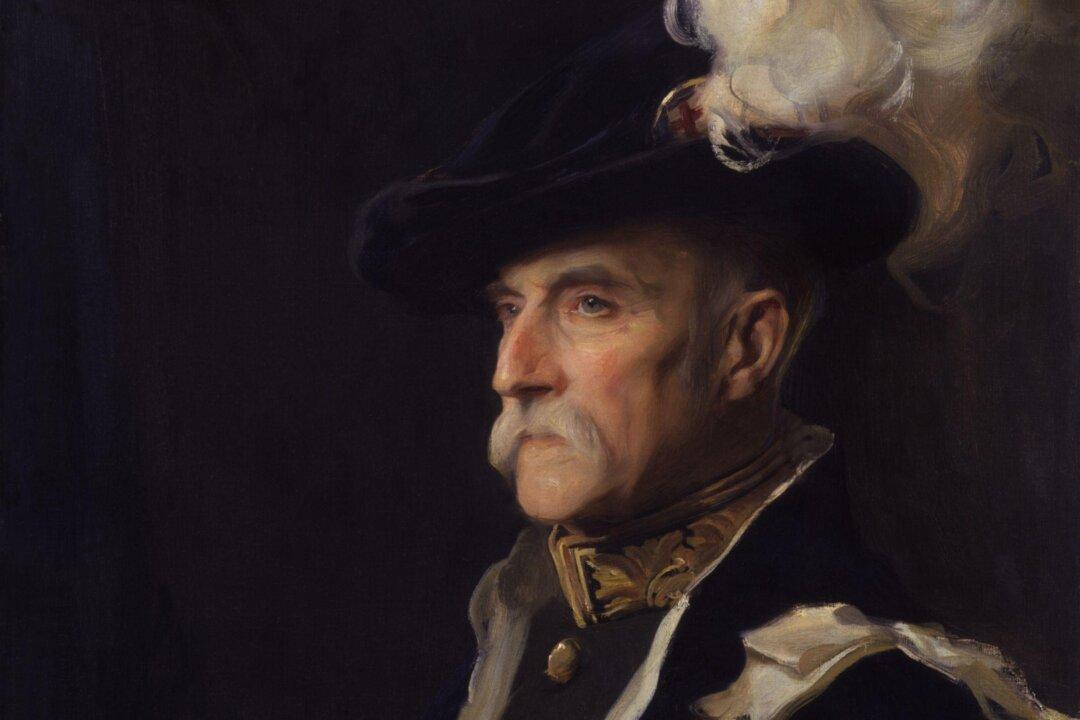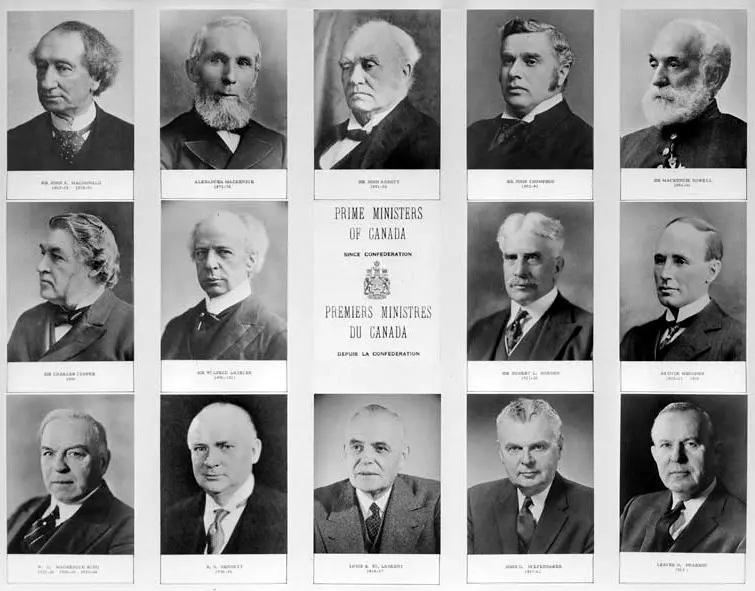Commentary
In the fevered atmosphere of wartime, those who call for peace are treated with disdain. And why not? Surely it is treasonous to want anything less than total victory for the righteous? Can peace not be secured only by crushing the enemy with overwhelming force? To call for peace in such times seems out of sync.





